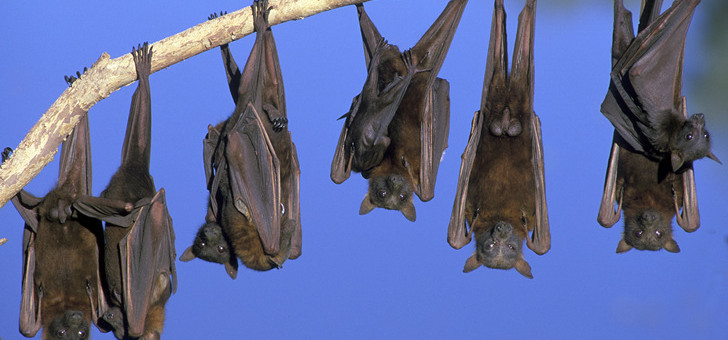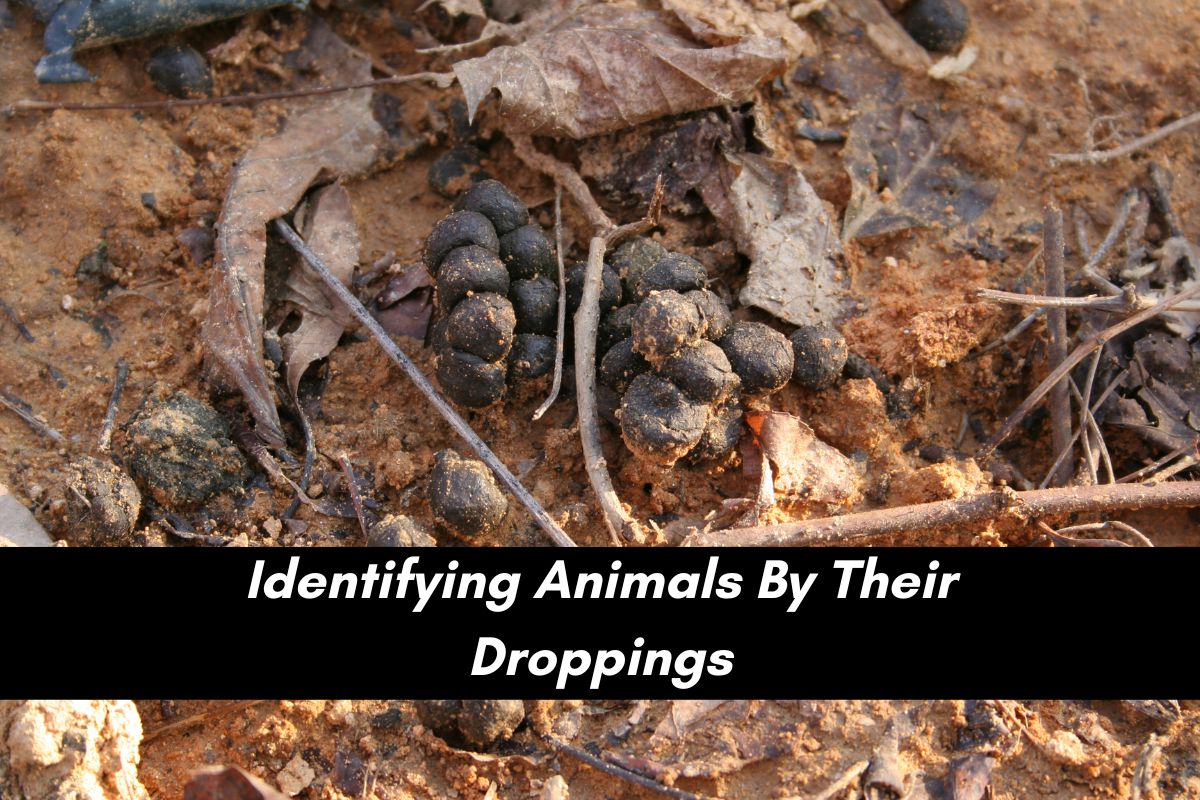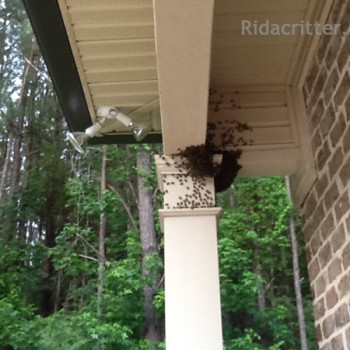
Bat Season in Raleigh! What to Know About Bat Removal
- Posted by AdminBW
- On July 27, 2015
- 0 Comments
If you’ve noticed scratching noises in your attic, strange droppings on your driveway or porch, or you’ve seen flying critters near your roof, you’re not alone. Summer is the prime time for bats to make their home in your attic.
What Do Bats Do All Year?
Although bats are around all year, there are certain times when they are more active than others. In winter, from about November to February, bats hibernate, using stored fat for fuel. As the weather gets warmer, bats become more active and by April, come out of hibernation searching for food.
By May, when bats are active and full of food, the females begin to look for a place to roost and raise babies. Summer months see the birth of baby bats and by August, young bats begin to fend for themselves.
Starting in September, the cycle of bat life begins again with mating season, which continues until it is time to hibernate.
MORE: Bat Removal Services & Pest Control
Bats in The Triangle this Summer
This summer, homeowners in Raleigh, Durham, Cary and Chapel Hill are noticing an increase in two types of bats: little brown bats and Mexican Free Tailed bats.
Little brown bats are tiny—less than half an ounce and despite the name, can be brown, red, golden or even albino. They eat insects and live in roosts in homes and other buildings; caves; trees; rocks and woodpiles.
Mexican Free Tailed bats are dark brown to gray, and live mostly in Central Texas and Mexico, but can be found throughout the United States. These bats are especially known for the large quantity of droppings, or guano, they produce.
When Bats Are In Your House
Regardless of the kind of bat it is, if it’s in your attic, it’s a problem.
Bats may get into attics through small openings in the roof, gaps around windows, gable louvers, or through chimneys. Even if bats leave your home during the course of the year, they may return to hibernate. Aside from the annoyance of having rodents in your home, bats and their droppings can spread diseases including rabies and histoplasmosis, an illness that affects the lungs.
Getting rid of bats in your attic is not a simple process. The first step is to determine how they entered. Then, using a device called a bat valve, they are excluded humanely so that they can’t return from the previous, or any future points of entry. Because of the difficulty, potential danger and possible mess of getting rid of bats, many homeowners in the Triangle turn to professionals like Critter Control for assistance.
If your home has bats—little brown bats, Mexican Free Tailed bats, or any other kind of bat, we can help. As experts in wildlife control, we rid your home of critters, and provide cleanup and remediation services. If you have a bat problem, please call us at Critter Control of the Triangle at 1-800-CRITTER or 919-382-0651 in Raleigh, Durham, Apex, Cary NC and the Triangle area.











